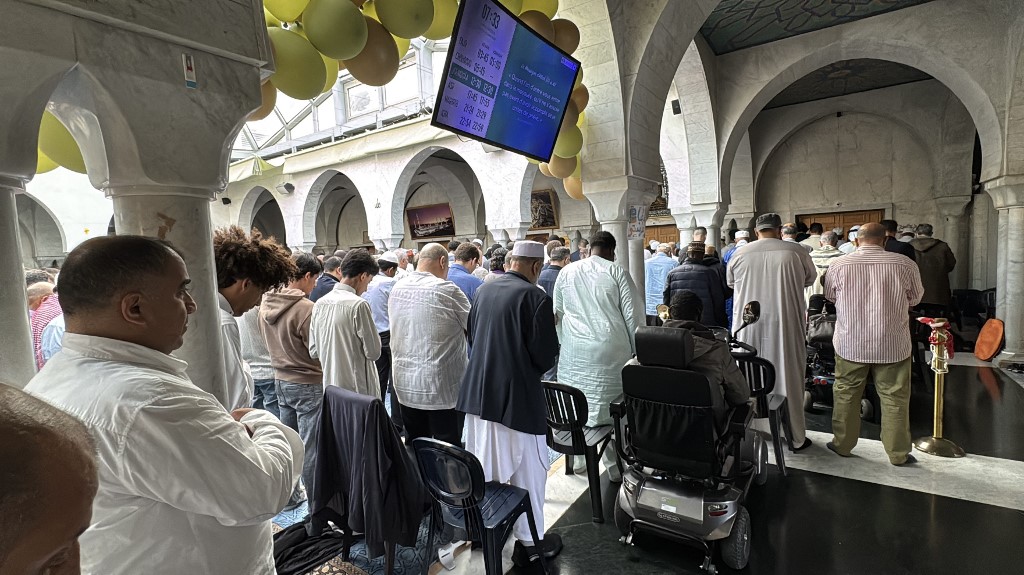
Radical Islam Tightens Its Grip on Switzerland
In Switzerland today, even young Muslim girls are wearing headscarves — a practice once limited to adult, married women. Observers are warning of a gradual Islamisation and a shift in orientation that reaches back to the Balkans. Experts say the developments in Switzerland must be viewed in a broader context: across the Balkans — in Albania, North Macedonia, Montenegro and Kosovo —religion is once again playing an increasingly prominent role.
For a long time, Albanian Islam in Switzerland was regarded as moderate, open and adaptable. Yet reports in SonntagsZeitung paint a different picture: in the mosques of Wil, Winterthur, Dietikon and Reinach, one now sees almost exclusively veiled women and girls.
The situation in Wil is particularly striking. The local mosque, once celebrated as a symbol of integration, inspired the national SVP minaret initiative in 2009. At its inauguration in 2017, it was still considered a place of openness, but in recent photographs almost all visitors appear veiled — among them girls of primary school age.
Imam Alimi and the Controversial Guests
At the centre of the criticism stands the imam of Wil, Bekim Alimi. According to 20 Minuten, the man took part in an event in the German town of Emsdetten in May — alongside well-known preachers, whose views are regarded as extremist.
Among them was Kosovar cleric Shefqet Krasniqi, who has been charged in his home country with incitement to hatred and supporting terrorism. Mr. Krasniqi publicly promotes the view that homosexuality is a “moral danger” and that wearing the veil is a religious duty for women.
Also appearing were Fadil Musliu and the Basel-based singer, Adem Ramadani. For years, Mr. Ramadani has drawn heated public attention with his songs urging women to be obedient to their husbands.
Albanischer Islam in der Schweiz wird konservativer: Schon kleine Mädchen tragen Kopftuch. https://t.co/OzCNzhVjvf
— 20 Minuten (@20min) October 12, 2025
Islamisation in the Balkans and Its Consequences
Experts argue that developments in Switzerland should be viewed and interpreted within a larger framework. Across the Balkans — for instance in Albania, North Macedonia, Montenegro and Kosovo — religion is regaining its hold on society.
In Kosovo, for example, the number of mosques has more than doubled since 1998. In the capital Pristina, one of Europe’s largest mosques is currently under construction with Turkish support.
Roughly two-thirds of Switzerland’s approximately 445,000 Muslims originate from these countries. As a result, the cultural and religious influence of these regions on Swiss Muslim communities is steadily increasing.
Debate Over Headscarf Ban
In Switzerland, images of young, veiled girls have reignited the social debate that has long preoccupied Europe.
In Austria, a headscarf ban for girls aged under of fourteen is already enforced. Now the Swiss Federal Council is considering whether to introduce a similar law for girls under fifteen.
Human rights activists are sounding the alarm over rising Islamisation, while conservative politicians call for children to be shielded from religious coercion.

